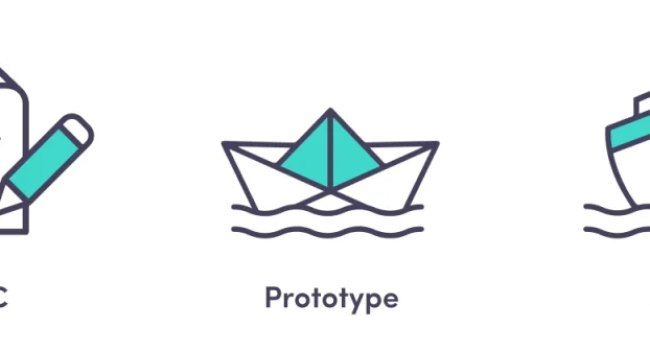An effective marketer uses new digital technology to reach and connect with customers in novel ways. They connect with their audiences through the platforms that are most convenient and appealing to them. The majority of people learned about the metaverse, and how metaverse influence digital marketing. Once Facebook disclosed the name of its new parent corporation, Meta. The new name also brought a pitch that seemed to confuse consumers more than it did to inform them.
What is Metaverse?
An immersive, digital setting inhabited by virtual avatars that stand in for actual people is known as the metaverse. It’s a self-contained, fully-functional universe that is always active, has user-generated material, and exists in the present. The metaverse built an integrated network of 3D worlds using a combination of virtual reality (VR) and augmented reality (AR); it is a location parallel to the actual world where you can live your digital life.
Digital Marketing and metaverse
Building a virtual public platform that anybody can use gives businesses and brands a wide window of opportunity to sell their goods and services. Even though the metaverse is still in its early phases of development, companies are starting to use it to connect with consumers.
The four P’s of the marketing mix are product, pricing, promotion, and place. It’s hardly surprising that marketing teams worldwide are eager to get started with the metaverse since it offers new venues for marketing and avenues for promotion. You can develop your platform for promoting a company’s goods or services in the metaverse. Numerous brands have already demonstrated that this procedure, which requires significant financial investment, effort, and study, is profitable.
Why metaverse will have a positive impact on marketing
Metaverse will enhance marketing strategies due to the following factors.
Unlimited Opportunities:
Because the metaverse is boundless, firms like Facebook and others are investing in it. Businesses might theoretically produce almost any form of experience. Want to see what it’s like to be on a Himalayan mountain’s peak? How about standing on a Hawaiian beach? The metaverse can successfully and securely produce all kinds of experiences.
Immersive Experience
Virtual reality, augmented reality, and gaming have all advanced to become more immersive. An increasing proportion of customers prefer more engagement and control regarding how they shop and make purchases than they do by watching videos or looking at static visuals. Such encounters are explicitly made for the metaverse. For instance, people can enter a virtual store and view the goods as if they were there. But that’s only the beginning.
Customer Experience
The consumer experience can be streamlined through digital marketing. However, the metaverse might provide an even more fantastic opportunity to control the entire client experience from purpose and evaluation to purchasing decisions. In the metaverse, businesses can provide clients with the opportunity to discover new and intriguing methods to learn more about a product while enabling them to make a purchase.
Content created by users
Online right now, there is undoubtedly user-contributed content. However, the metaverse will create new opportunities for individuals to utilize, exchange, and advertise goods through content production. It is impossible to foretell how consumers will be able to co-create content. Meta’s CEO, Mark Zuckerberg, raised the bar when he announced it. The metaverse, according to him, will enable people to be “present with each other in the future, beyond the confines of screens, beyond the limits of distance and physics.”
Challenges of metaverse
1-Accessibility:
Accessibility is a major obstacle for businesses attempting to market in the metaverse. A powerful computer with rapid internet access is needed to access the metaverse, and a VR headset for many virtual features. Not everyone will be able to immediately enter the metaverse because not everyone has access to these expensive pieces of technology.
2- Cost
If your target customer is more likely to fall into the latter category, the metaverse may not be the best direction to take your brand at this time. While some consumers may be eager to acquire the necessary technology to explore this new world, others who may be more skeptical of the metaverse won’t be rushing to spend large sums of money to get there.
3- Uncertainty
Many people still have doubts about the metaverse. People struggle to understand how or why the idea might be more than just a kid-friendly video game, despite several IT experts demonstrating why it is so much more than that. As the metaverse is in its early stages, it may take years before the general public recognizes this new market for what it truly is. Because of the broad disagreements, mass marketing is
currently being hampered in the metaverse, at least temporarily.
4- Security concerns
Concerns about data security and privacy exist with the metaverse’s implementation. To adapt to this new environment, new privacy and protection techniques are being developed; however, it is unclear how much faith we can currently have in this newly created technology. It is still too early to predict whether the metaverse will have a single set of security standards that apply to all platforms or whether different nations will require their own rules, though the latter seems more likely.
XR Studios offering maximum possibilities for innovation
XR-Studios’ Team is thrilled about marketing in the metaverse, and we can’t wait to show you the limitless opportunities for your company.






